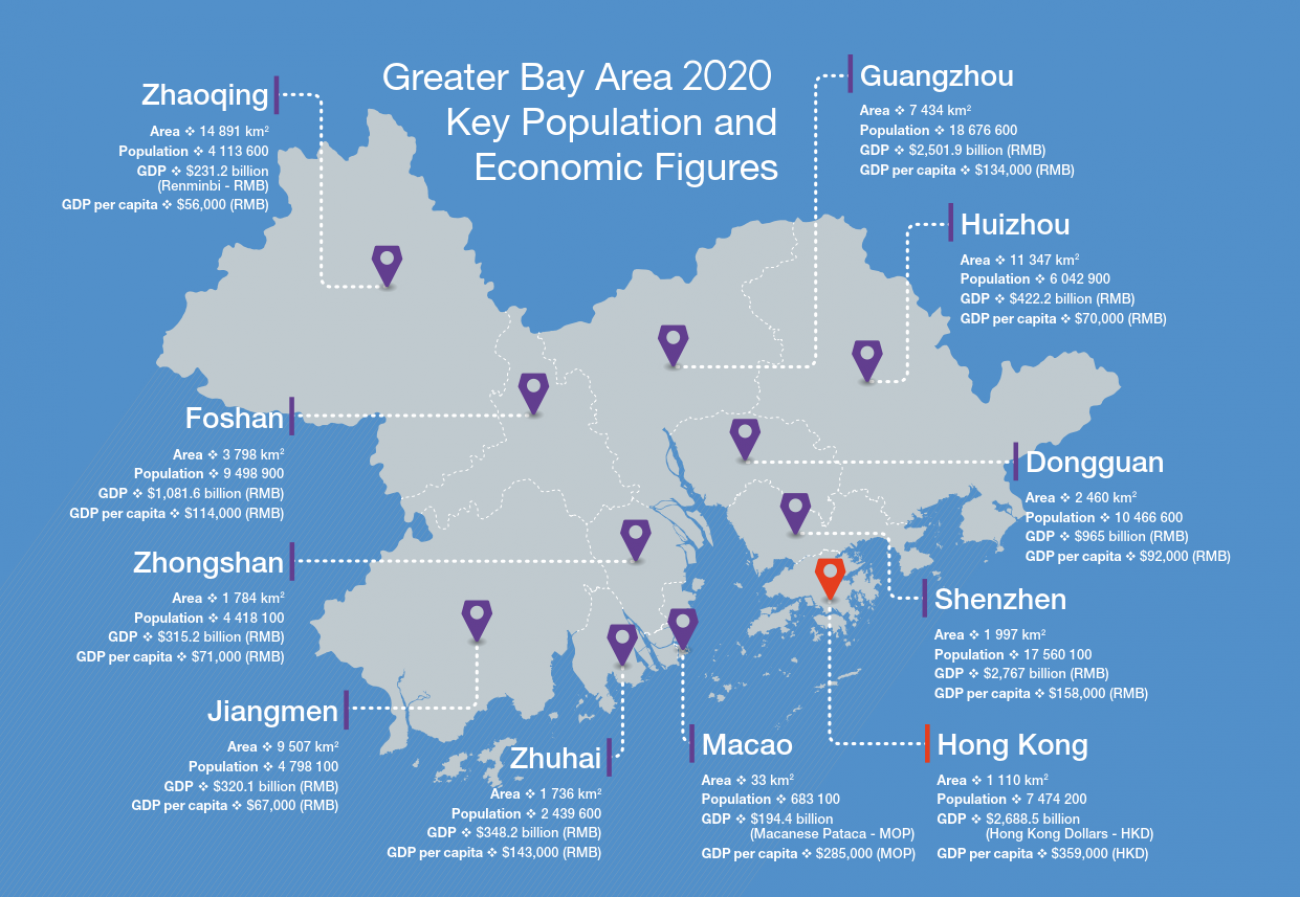
Background of Mong Kok Market Complex
The Mong Kok Market Complex has been a central hub for local trade and community life since its establishment. Built in the 1960s, it served as a bustling marketplace for fresh produce, seafood, and daily essentials. Over the decades, the complex became a landmark in one of Hong Kong’s most densely populated areas. However, aging infrastructure and outdated facilities prompted the need for modernization.
The decision to revamp the complex was driven by the goal of improving safety, accessibility, and functionality. The Urban Renewal Authority (URA) took charge of the project, ensuring it met modern standards while preserving its historical significance. The renovation faced initial challenges, including securing the necessary permits and addressing fire safety concerns. Despite some community concerns about disruptions, the project gained support for its potential to revitalize the area and enhance public services.
Revamping Process and Safety Standards
The renovation of the Mong Kok Market Complex involved extensive structural upgrades and the installation of new facilities. Key steps included reinforcing the building’s framework, updating electrical systems, and improving ventilation. A critical aspect of the project was obtaining the occupation permit and fire safety certificate, which ensure the building complies with Hong Kong’s stringent safety regulations.
Fire safety measures included the installation of advanced fire alarms, sprinkler systems, and clearly marked emergency exits. Architects, engineers, and safety inspectors collaborated closely to implement these features. The project also introduced innovative technologies, such as energy-efficient lighting and water-saving systems, to enhance sustainability. Despite a four-year timeline, the renovation stayed on track, with the URA overseeing each phase to ensure quality and safety.
Temporary Health Centre: Purpose and Function
The revamped complex will temporarily house a health centre to address the community’s immediate healthcare needs. The centre will offer essential services, including primary care, vaccinations, and mental health support. It aims to serve vulnerable groups such as the elderly, children, and low-income families, who often face barriers to accessing healthcare.
Operating a temporary health centre in a repurposed space comes with challenges, including limited room for equipment and patient flow. However, healthcare professionals and volunteers are working to maximize efficiency and ensure quality care. The centre is expected to operate for a limited period, after which it will either relocate or close, depending on the community’s needs.
Impact on the Local Community
The temporary health centre is set to bring significant benefits to the Mong Kok community. It will improve access to healthcare, particularly for residents who previously had to travel long distances for medical services. The centre also aims to address public health concerns, such as the spread of infectious diseases, by providing timely vaccinations and health education.
Local businesses may also benefit from increased foot traffic as residents visit the health centre. Community organizations and leaders have played a key role in supporting the initiative, ensuring it meets the needs of the population. The project highlights the importance of integrating public health services into urban renewal efforts, creating a model for future developments.
Urban Renewal and Public Health Infrastructure
The Mong Kok Market Complex renovation is part of a broader effort to integrate public health infrastructure into urban renewal projects in Hong Kong. By repurposing existing spaces for healthcare services, the city can address gaps in its public health system while revitalizing aging neighborhoods.
Other examples include the conversion of old industrial buildings into community health hubs. These projects demonstrate the potential of urban renewal to improve both physical infrastructure and community well-being. The URA and other government agencies are working to balance development with public health needs, ensuring that urban renewal projects contribute to long-term sustainability.
The Mong Kok project serves as a case study for how urban renewal can address multiple challenges simultaneously, from improving safety standards to enhancing public health access. It underscores the importance of community engagement and collaboration in creating spaces that meet the evolving needs of Hong Kong’s residents.



